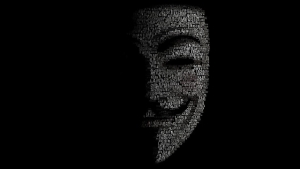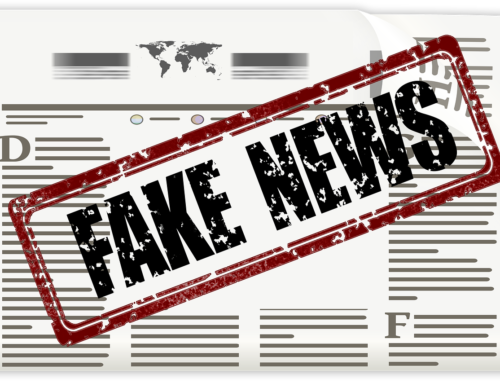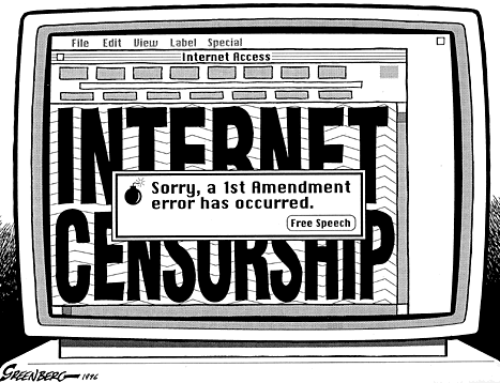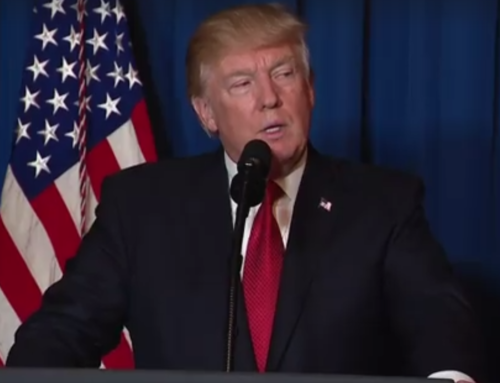It seems like the news is incomplete these days without a report of a new outrageous delictum by the most insidious of 21st Century thieves—hackers.
This year alone, to name a few, AOL, JPMorgan Chase, and Home Depot had sensitive data stolen, costing these companies millions of dollars to recover from the breach. Lives are altered, if not destroyed, by theft of personal information and identities.
This is not a First Amendment violation, per se, nor do we even have to look to the Fourth Amendment (the right to privacy) as a defense. This is theft, plain and simple. It is a clear-cut case of cyber crime.
On July 27, a hacker who called himself “ThreatKing” shut down New York Magazine’s site for eight hours. It coincided with the release of the issue with 35 of Bill Cosby’s victims pictured on the cover. ThreatKing did not hack into the magazine because he wanted to thwart damning evidence against Cosby. He did it because he hates New York.
Regardless of ThreatKing’s intent and petty grievances, this was still a clear assault on the spirit of the First Amendment. The magazine has Freedom of the Press, as well as Speech, on its side. They have a Constitutional right to report on this and any news item, and the public has the right to see it. Case closed.
So, what else is there to say? That is, outside of a collective “I told you so” from Luddites? Yes, hacking and other cyber crimes are pervasive and a drain on society. They have the potential to chip away at the virtual infrastructure that supports everything from businesses to social circles, worldwide. It is the digital equivalent of blowing up Federal buildings. Yes, we get it. The hackers get it, as well. They must be intoxicated by the power they wield at their fingertips.
Let’s step back for a minute. What if, and this is a hypothetical “if” at this point, hackers are performing a public service? Could their actions benefit the greater good?
Before you shake your head in disbelief, consider this: What happens when a site is violated in such a fashion? After the dust settles and they sort through the rubble, what next? The smartest businesses will analyze and find the cracks in the foundation in order to build a better, stronger (fire)wall to make it more difficult to be compromised in the future. Essentially, they learn from their mistakes.
Farley Mowat observed in Never Cry Wolf that the wolves kept the caribou young and healthy by hunting them. They culled out the weakest in the pack, allowing the faster and more agile ones to survive and prosper. The herd suffers some fatalities for the greater good. They become stronger as a result.
Hackers are the wolves to our caribou. Should we trust our personal information in the hands of entities that rest on their laurels and do not react appropriately, nor are proactive? That is to say, these companies who require sensitive details about our identities and our finances should be healthier and stronger after hackers chase them around. They will be hyper-vigilant, as a result. Fool me once, and all that.
To add more fuel to this fire, consider the recent data breach of Ashley Madison, the site that promotes marital infidelity. A group of hackers known as “The Impact Team” threatened to publish personal information of its members if the site was not shut down. Members could pay an extra fee to have their information deleted. Ashley Madison did not hold to their promise and did not remove that personal information. The Impact Team yanked back the curtains and shed a devastating light on the lie.
At best, it was embarrassing to those involved. At worst, families and lives were destroyed. There were a few reported suicide attempts, to boot. For what it is worth, many of Ashley Madison’s members are forced to go about their lives wearing virtual a Scarlet Letter.
However, let’s be honest here. How many of us silently applauded the hackers for pulling the plug on this operation? A subsequent data dump of hundreds of emails that the CEO and founder, Noel Biderman (could be ironically punned as Betterman), had several affairs, as well. The most high-profile member of Ashley Madison, the Christian, ultra-conservative reality television star, Josh Duggar, was exposed through this breach as the doubly cheating hypocrite that he is. Arguably, the world is a slightly better place for it. Let the wolves gorge on that caribou’s carcass.
Should hackers of this ilk be considered purveyors of protest speech, thus, protected by the First Amendment? If so, did they lose their rights by violating the Fourth Amendment? Technically, yes. You can exercise your First Amendment rights as long as they do not violate other Amendments. Or, is it technically no? Were they like New York Magazine reporting on Bill Cosby? The rape stories were still allegations at that point; he had not been charged with a crime. Were his rights violated?
Yet, this is where it gets extra sticky. Ashley Madison and its members are an unethical lot, for sure. Despite that, the individuals within are human beings and inherently have rights to certain protections. Their privacy was violated. On the other hand, those actions were damaging to people around them, even though they were not privy to the indiscretions. Didn’t they have a right to know?
Primum non nocere. First, do no harm. It is a medical term, but an implicit theme of the Constitution. No one is a saint in this matter. Ashley Madison was harming its members that were harming their families, and the hackers tried to break the chain by harming everyone involved. Are there any winners in all this?
Here is a question to ponder: Should hackers who expose impropriety or illegal activities be considered the Robin Hoods of protest speech and accepted as a necessary evil that accomplishes what no other entity does nearly as effectively?







I was hoping and dreading that you’d touch on the Ashley Madison thing, because it gives me a lot of complicated feelings. I know what the hackers did is wrong and illegal. No doubt. I don’t want to set any precedent where we make moral judgments that allow anything like this to pass. And yet…like you said. They hurt people who hurt people. Kind of tough to summon the outrage I know I should feel.
I have the same conflict, and am not really sure of the answers to the questions I posed.